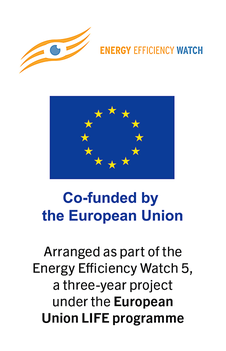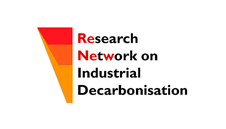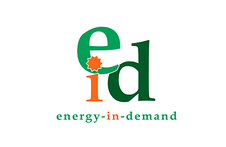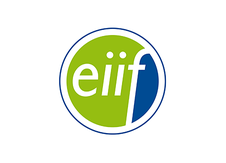Search eceee proceedings
White certificates for the industrial sector
Panel: 6. The role of financing to improve industrial efficiency, global perspective
This is a peer-reviewed paper.
Authors:
Dario Di Santo, FIRE, Italy
Daniele Forni, FIRE, Italy
Enrico Biele, FIRE, Italy
Abstract
The Italian white certificates (WhC) scheme is one of the most complete examples of a baseline and trade incentive scheme, created with the aim of promoting energy efficiency (EE) measures on final energy uses. The mechanism obliges energy network distributors (electricity and natural gas) to reach yearly energy saving targets certified by the presentation of a corresponding number of WhC (each equal to 1 toe). The distributors can reach their targets either by acting directly on their final consumers or by buying WhC from ESCOs or companies that have an appointed energy manager, as provided by law 10/1991.
After almost seven years and major problems in complying with the 2010 targets, the Italian electricity and gas authority (AEEG) changed the rules for presenting projects and introduced a set of multiplying coefficients to take into account the technical lifetime of EE measures. This change will have a particularly pronounced effect on the industrial sector, both because of the enhanced value of the incentive (often three times higher than before) and the progressive recognition of the energy monitoring plans method for saving evaluation.
The paper will present the new rules, focusing on their economic effect, and some examples of how EE measures in the industrial sector can be promoted through the scheme. In particular, the method for evaluating the energy savings will be described, in order to explain both the flexibility of the monitoring plan approach and its drawbacks. The effects on ESCO development will also be discussed. The Italian experience has additional significance inasmuch as WhC schemes have a central role in the new EE directive proposal.
The paper is based on the activities concerning WhC carried on by the authors, such as research and studies, surveys, cooperation with policy makers, implementation of standard evaluation files for different measures, information and dissemination, and support to energy manager and ESCOs.
Downloads
Download this presentation as pdf: 6-058-12_DiSanto_pre.pdf
Download this paper as pdf: 6-058-12_DiSanto.pdf
Panels of
1. Programmes to promote industrial energy efficiency
2. Sustainable production design and supply chain initiatives
3. Matching policies and drivers: Policies and Directives to drive industrial efficiency
4. Undertaking high impact actions: The role of technology and systems optimisation
5. The role of energy management systems, education, outreach and training
6. The role of financing to improve industrial efficiency, global perspective














